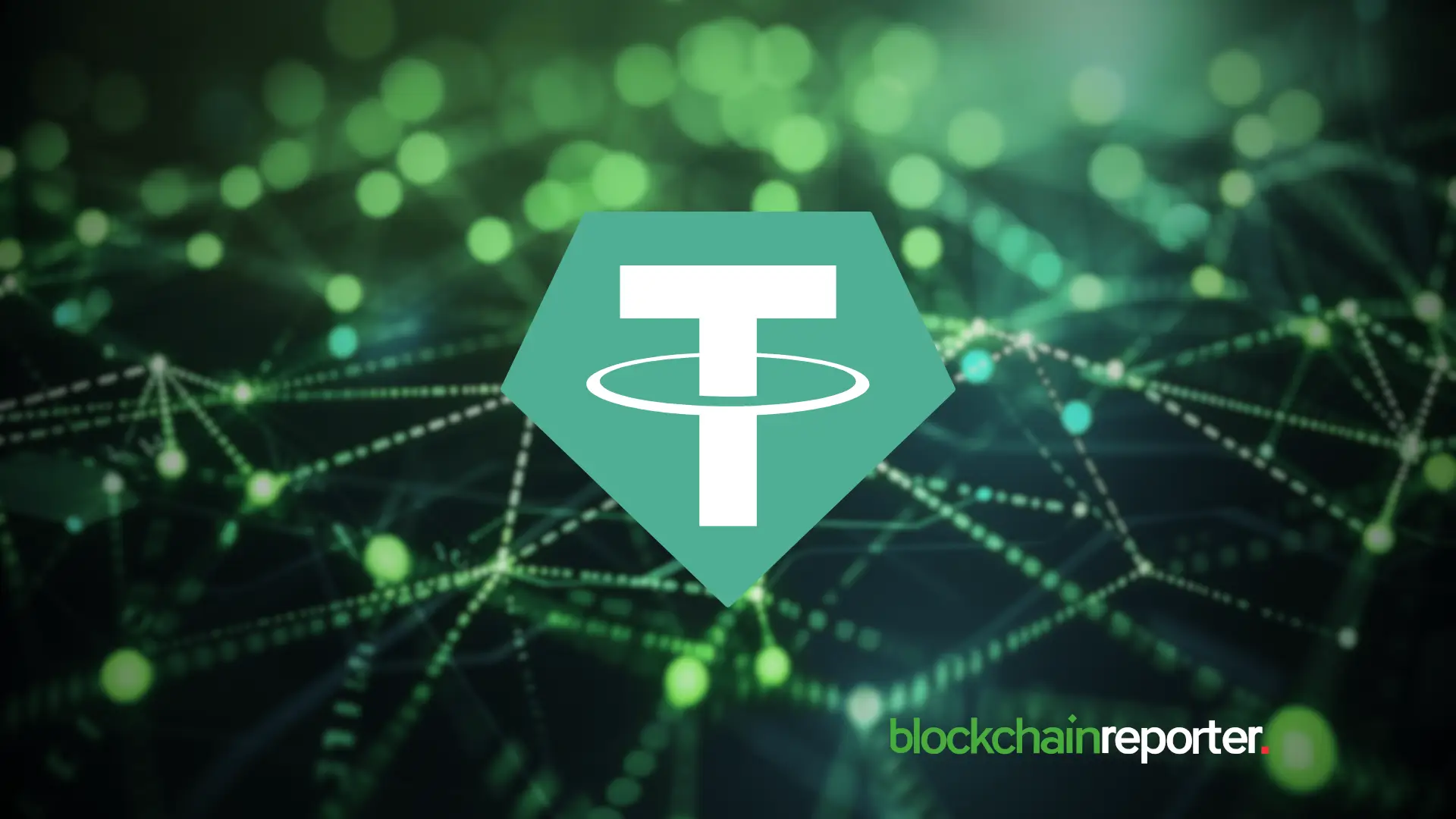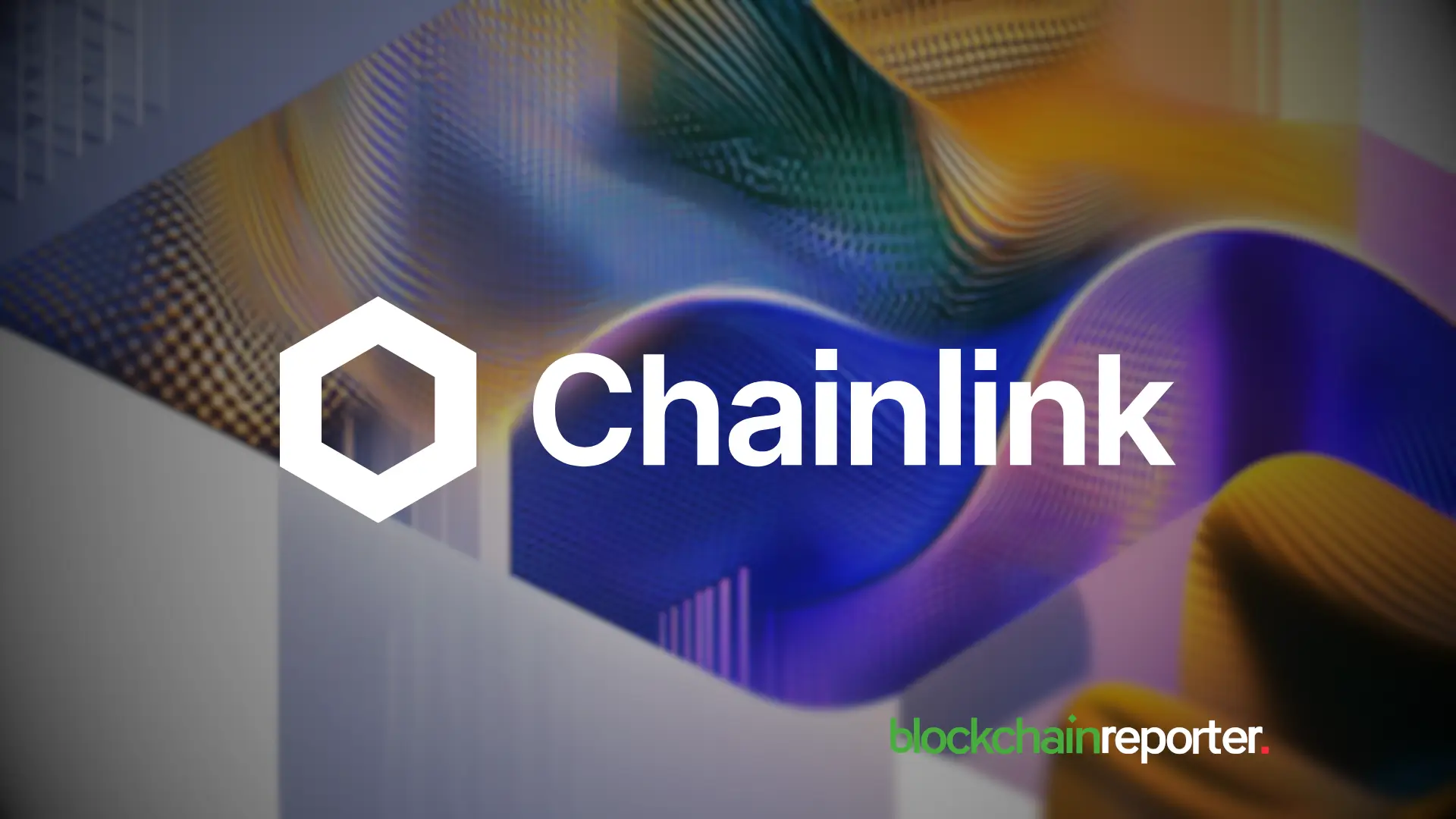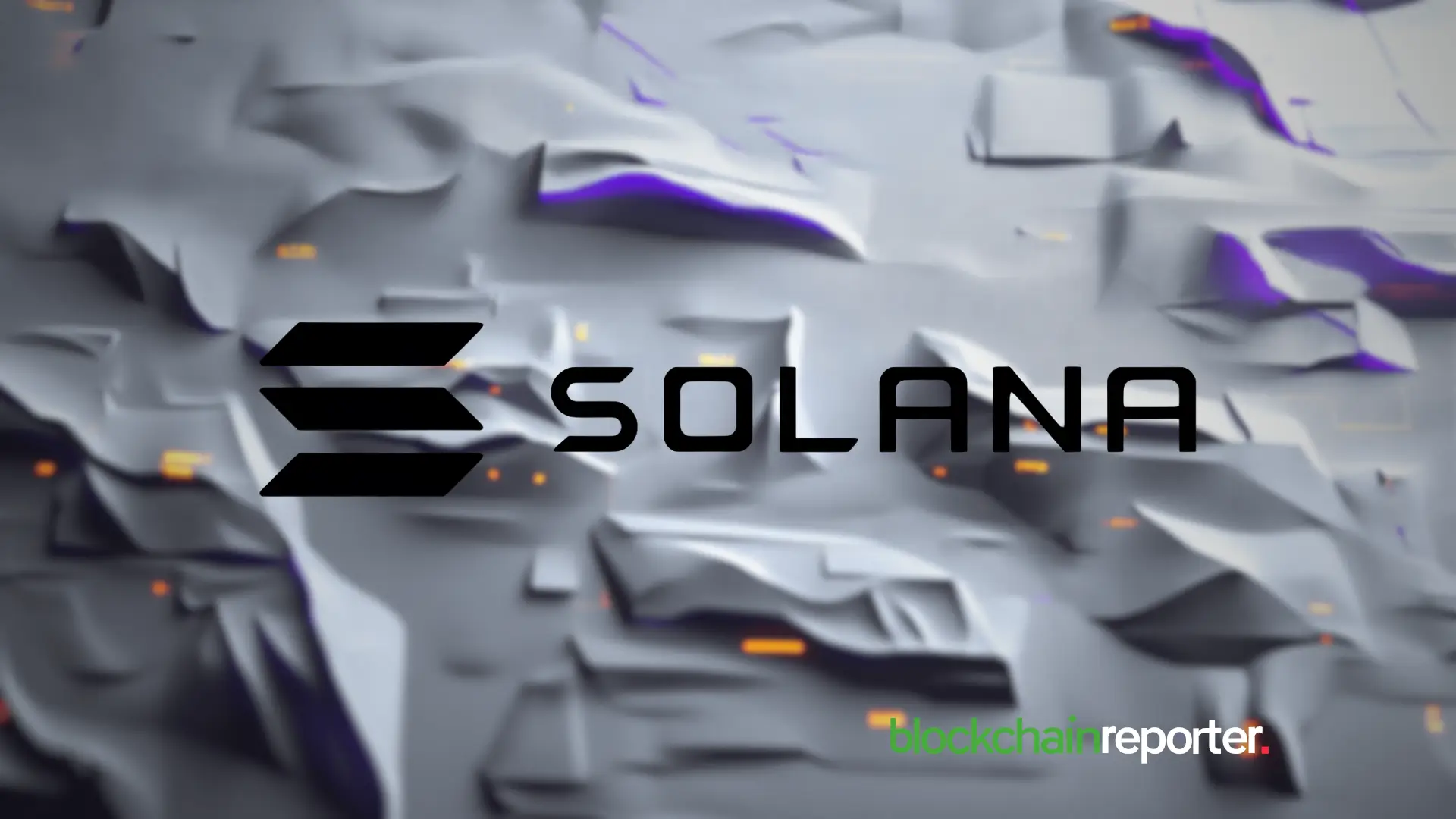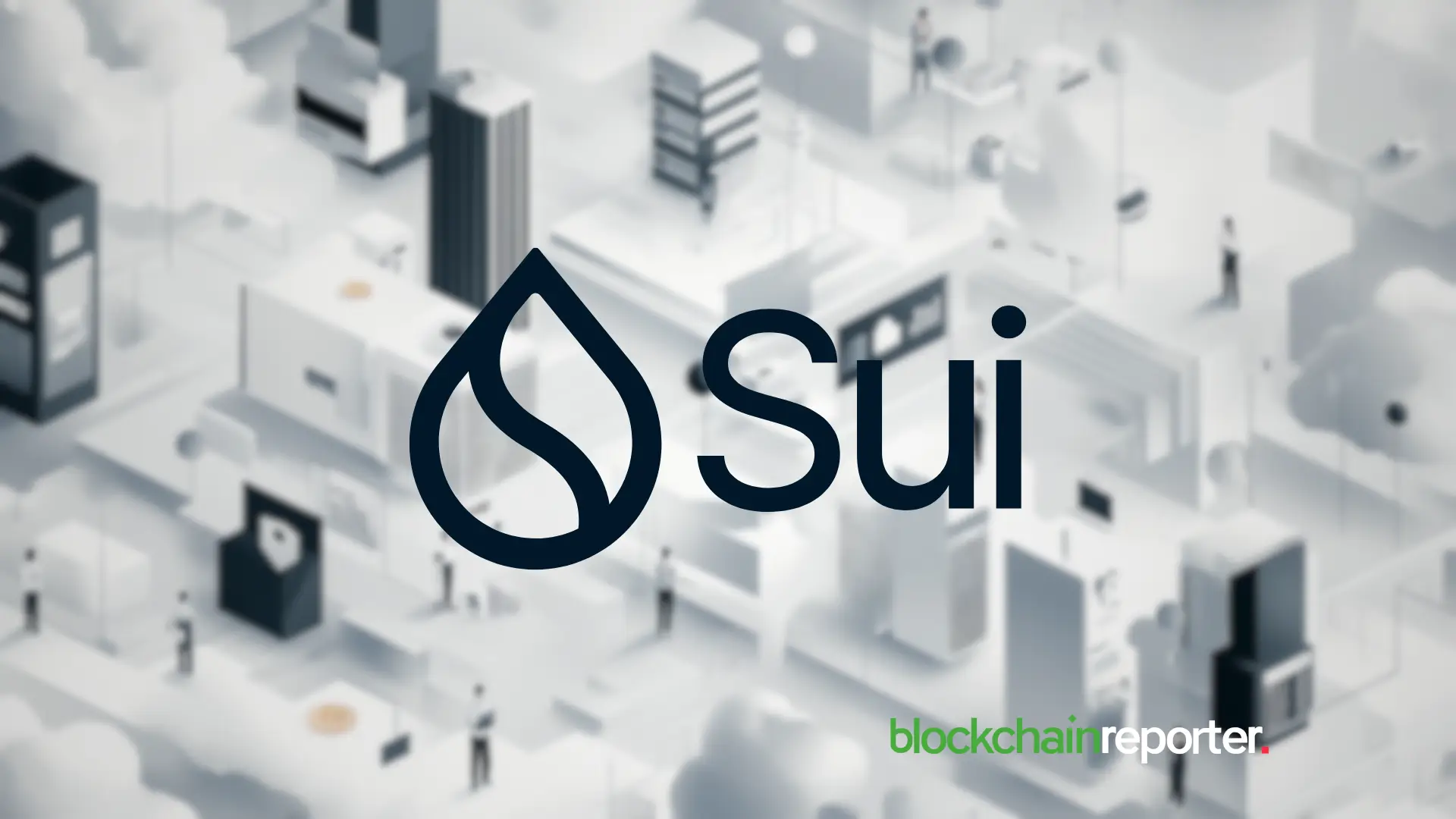
Tether’s asset tokenization arm, Hadron by Tether, said Tuesday that it has struck an agreement with blockchain analytics firm Crystal Intelligence to boost compliance and monitoring for tokenized real-world assets (RWAs). The deal will give institutions using Hadron streamlined access to Crystal’s analytics and forensic tools, a move Tether frames as a step toward making tokenized instruments safer, more transparent, and fit for large-scale institutional use.
The announcement arrives as the RWA market is experiencing explosive growth. Industry trackers report that tokenized real-world assets have expanded roughly 380 percent over the past three years and reached about $24 billion in 2025, a surge observers say reflects growing appetite from traditional finance to deploy blockchain rails for familiar instruments. Some forecasts see the broader tokenization opportunity climbing toward the trillions over the next decade as markets, standards, and infrastructure mature.
Boosting RWA Compliance
Hadron’s agreement with Crystal is designed to address one of the chief hurdles to that institutional adoption: compliance readiness. Under the partnership, Hadron customers will be able to access Crystal’s suite of tools, from AML screening and transaction monitoring with configurable risk scores to on-chain forensic capabilities and solutions tailored for RWA risk profiles, as part of the token issuance and lifecycle workflow. Tether and Crystal position the integration as a way to fold enterprise-grade controls into tokenization from day one.
“Secure and compliant infrastructure is essential for real-world asset markets to operate at scale,” Paolo Ardoino, CEO of Tether, said in the company’s release, stressing that institutional participation depends on systems combining transparency, accountability, and resilience. “Through Hadron by Tether and Crystal, we’re providing streamlined access to the technology and analytics needed to meet those expectations and bridge traditional financial markets with blockchain-based systems.”
Navin Gupta, CEO of Crystal Intelligence, echoed that line, saying the collaboration lowers the barrier for institutions and establishes a benchmark for secure tokenization. The statement underscores a wider industry trend: as regulators and custodians raise the bar for due diligence, tokenization platforms are increasingly partnering with compliance specialists to reassure banks, asset managers, and sovereign issuers that on-chain products can meet off-chain regulatory and operational standards.
Hadron by Tether bills itself as a platform that simplifies converting traditional assets into digital tokens, with tools for issuing and burning tokens, KYC, blockchain reporting, capital market management and regulatory guidance. The platform has been pitched not only to corporate and fund issuers but to a range of actors that could use tokenized collateral to raise funds, from businesses to nation-states. By bundling compliance tooling into that stack, Hadron aims to make tokenization a less risky proposition for institutions that demand full auditability and robust controls.
Industry observers say the timing is logical: tokenization has moved out of pilots and into products that need strong guardrails. With the market’s rapid expansion and regulators around the world clarifying, and in some cases tightening, rules for tokenized products, platforms that can offer both issuance convenience and enterprise-grade surveillance are likely to have an edge when large asset managers and banks decide whether to participate. For Hadron participants, access to Crystal’s analytics could be the difference between cautious experimentation and scaled deployment.
For now, the pact between Hadron by Tether and Crystal Intelligence is part of a broader wave of integrations and partnerships aimed at turning tokenized real-world assets from an experimental niche into an institutional plumbing layer. As the tokenization market grows, so too will the demand for the kind of compliance and reporting tooling that makes mainstream buyers comfortable moving traditional value onto blockchains.





